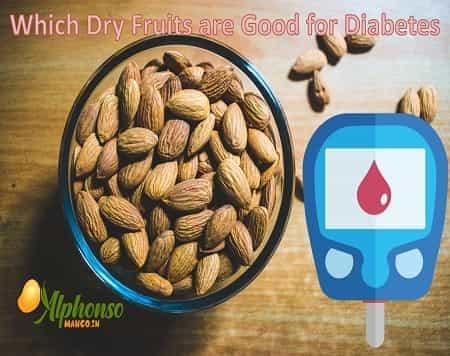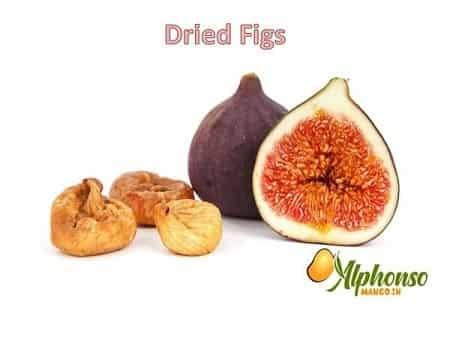
Dry Fruits for Diabetic Patients: Top Choices for Health
By Prashant Powle
Dry Fruits for Diabetic Patients: Top Choices for Health When it comes to managing Diabetes, choosing the right foods is crucial. Dry fruits are a convenient and nutritious option for...
ajwa dates for diabetes
akhrod for Diabetes
akhrot for Diabetes
almond flour good for diabetics
almond for diabetes patient
almond milk good for diabetics
almonds for Diabetes
almonds good for diabetes
almonds good for diabetics
anjeer dry fruit good for diabetics
anjeer for Diabetes
are almonds good for diabetes
are almonds good for diabetics
are almonds good for diabetics to eat
are dried apricots good for diabetics
are dried figs good for diabetes
are dried fruit bad for diabetics
are dry fruits good for diabetic patients
are freeze dried fruits good for diabetics
are walnuts good for diabetes
best dry fruits for diabetics type 2
black raisins for Diabetics
can a diabetic person eat dry fruits
Cashew for Diabetes
Cashew Nuts Dry Fruits for Diabetic
Cashew Nuts for Diabetes
Cranberry for Diabetes
dates for Diabetics
Dried anjeer for Diabetes
Dried Apricots for Diabetes
dried apricots good for diabetics
Dried Cranberry for Diabetes
Dried Figs for Diabetes
Dried Prunes for Diabetics
dry fruits for diabetes
dry fruits for diabetic and heart patients
dry fruits for diabetic patients
dry fruits for sugar patients
dryfruits for diabetes
golden raisins for Diabetics
how many almonds can a diabetic eat daily
how many almonds to eat per day for diabetics
how many dried figs can a diabetic eat
how much dried fruit can a diabetic eat
Indian Raisins for Diabetics
is almond good for diabetes type 2
is almond good for diabetic patient
is almonds good for diabetic patients
is almonds good for diabetics
is anjeer dry fruit good for diabetes
is dried apricots good for diabetics
is dried dates good for diabetes
is dried fruits good for diabetics
is dry food good for diabetic cats
is dry fruits good for diabetic patient
is dry fruits good for gestational diabetes
is freeze dried fruit good for diabetics
is walnut good for diabetes
kaju for Diabetes
kimia dates for Diabetics
mabrook dates for diabetes
macadamia nuts for Diabetes
majafati dates for Diabetics
manukka for Diabetics
mazafati dates for Diabetics
medjool dates for Diabetics
medjoul dates for Diabetics
nut for diabetes
Nut for diabetese
Nuts for diabetes
pecan Nuts for Diabetes
pecannuts for Diabetes
pecans for Diabetes
pista for Diabetes
Pistachio During Pregnancy
Pistachio for Diabetes
Prunes for Diabetics
Raisins for Diabetics
salted pista for Diabetes
salted pistachio for Diabetes
walnut diabetes
Walnut for Diabetes
walnut for Diabetics
walnut good for diabetes
walnut is good for diabetes
Walnuts Dry Fruits for Diabetes
Walnuts Dry Fruits for Diabetic
Walnuts for Diabetes
Walnuts for Diabetic
what dried fruit can a diabetic eat
what dried fruit is best for diabetics
what dried fruits are best for diabetics
what dried fruits are good for diabetics
what dried fruits can diabetics eat
what dry food is best for diabetic cats
what dry fruits are good for diabetics
what dry fruits can a diabetic eat
which dried fruit is best for diabetics
which dried fruit is good for diabetics
which dried fruits are good for diabetics
which dry food is good for diabetes
which dry fruit can eat in diabetes
which dry fruit is bad for diabetes
which dry fruit is best for diabetic patient
which dry fruit is good for diabetes
which dry fruit is good for diabetic patients
which dry fruit is not good for diabetes
which dry fruits are good for diabetic patients
which dry fruits are good for gestational diabetes
which dry fruits are good in diabetes
which dry fruits are not good for diabetics
which dry fruits good for diabetic patients
why is dried fruit bad for diabetics
yellow raisins for Diabetics
Read more


